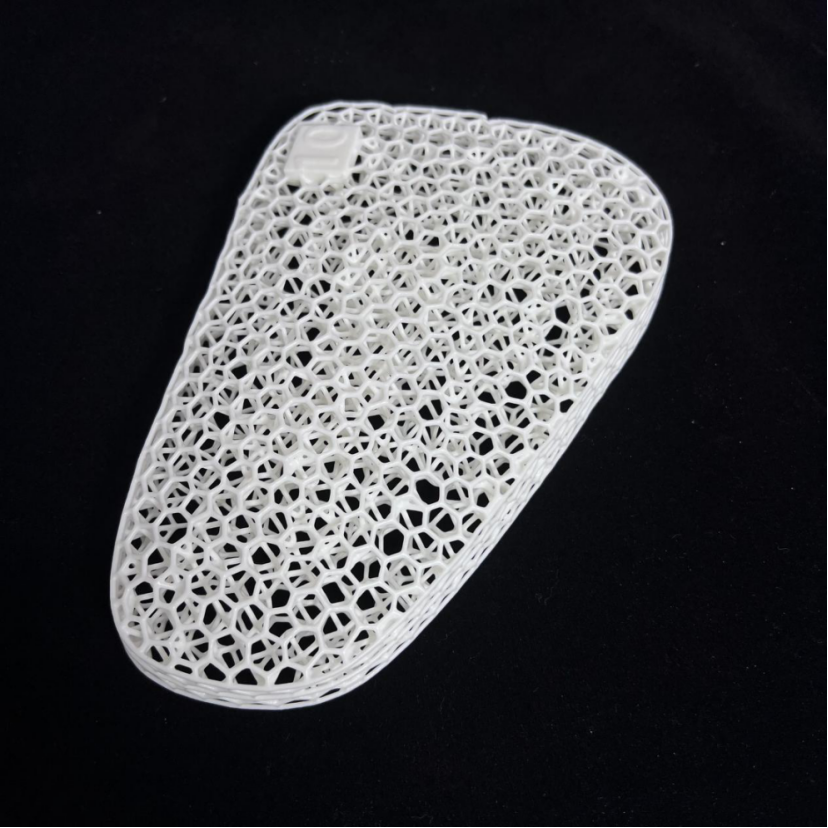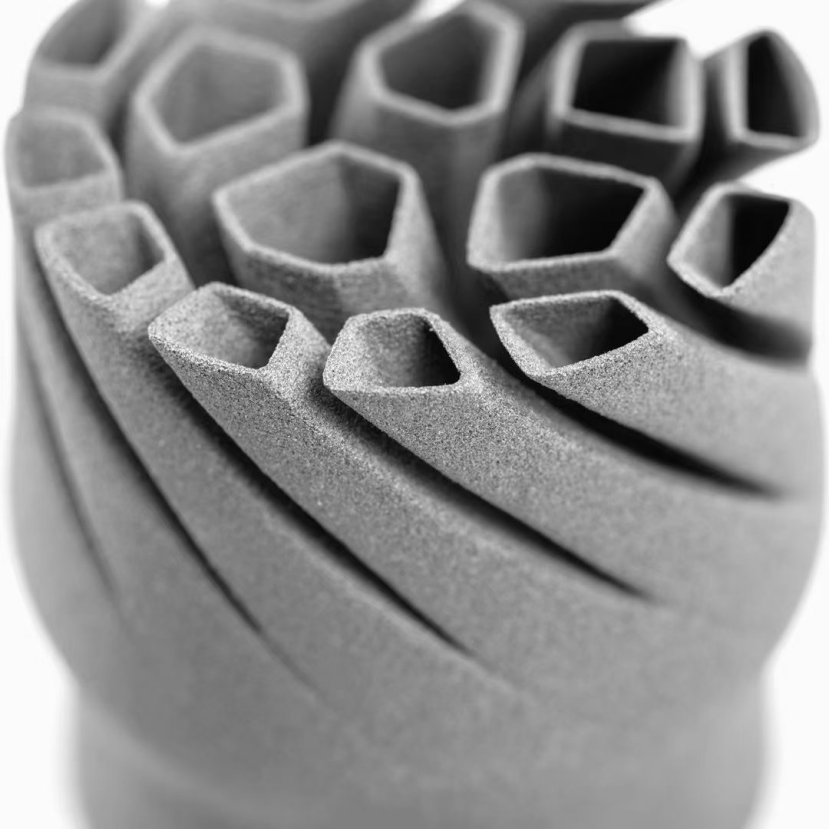custom parts manufacturing
Custom parts manufacturing represents a sophisticated approach to producing specialized components tailored to specific requirements. This process combines advanced manufacturing technologies, including CNC machining, 3D printing, and precision engineering, to create parts that meet exact specifications. The manufacturing process begins with detailed design specifications, followed by material selection based on performance requirements. Modern facilities utilize computer-aided design (CAD) and computer-aided manufacturing (CAM) systems to ensure precise reproduction of complex geometries. These technologies enable manufacturers to maintain tight tolerances and produce consistent, high-quality parts across various industries. The versatility of custom parts manufacturing extends to diverse applications, from automotive and aerospace components to medical devices and industrial machinery. Quality control measures are integrated throughout the production process, including dimensional verification, material testing, and functional validation. The ability to produce both prototype and production quantities makes this manufacturing approach particularly valuable for product development and specialized applications. Furthermore, the process accommodates various materials, including metals, plastics, and composites, ensuring optimal performance for each specific application.


